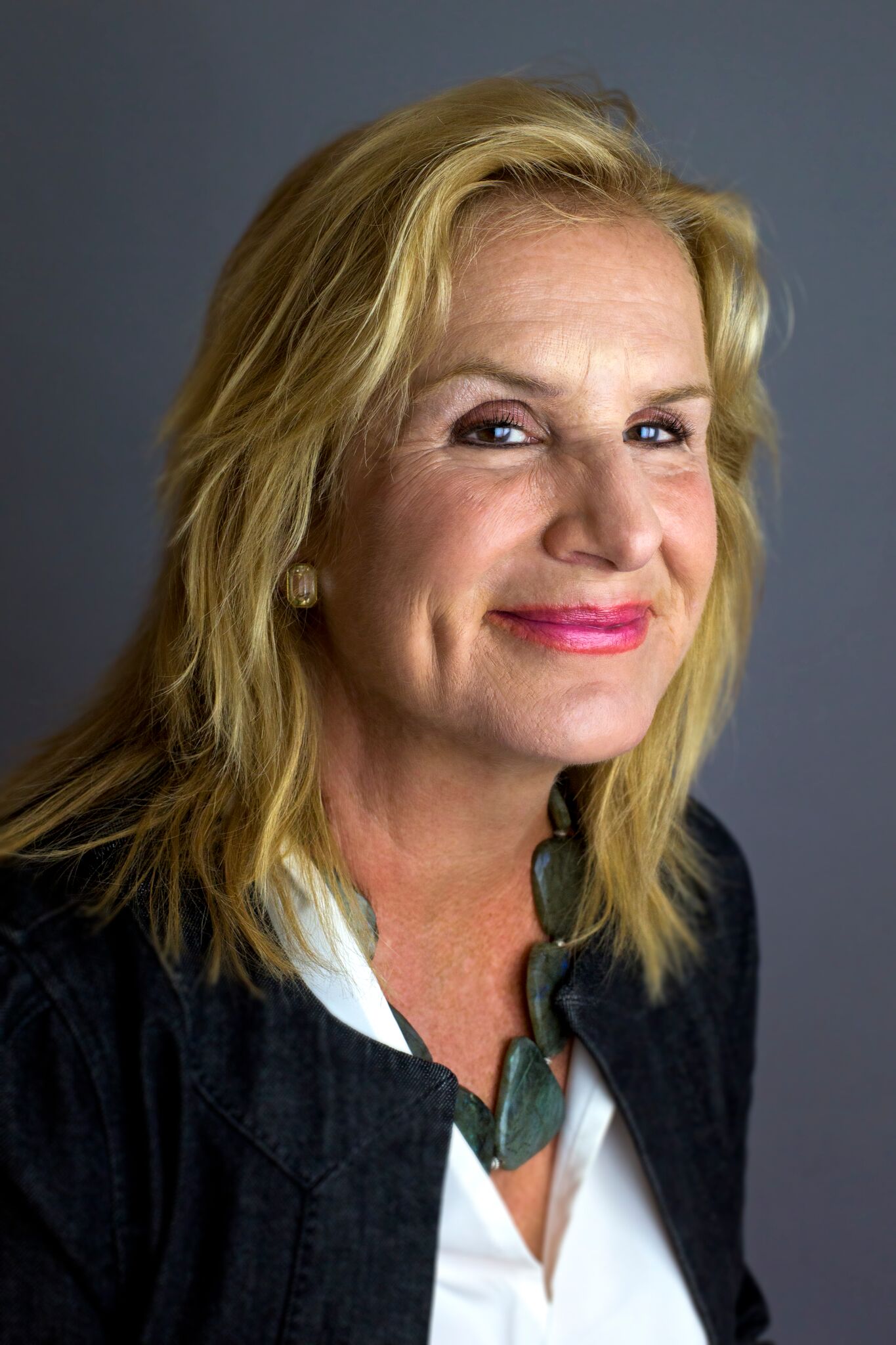
Growing up in Cleveland, Halle Tecco heard her mother tell of the struggles and heartbreak of her 10 miscarriages and a stillbirth. That was before having a daughter, adopting a son and then giving birth to Halle when her daughter was 16.
Her own struggles with infertility led Tecco to found Natalist, a science-backed company launched recently with $5 million in capital aimed at assisting consumers with their own reproductive health. With medically approved products including the Get Pregnant Bundle, Natalist offers products for women from preconception to prenatal.
“I recognized through my own experiences that there were a lot of gaps in the market,” says Tecco, who graduated with a degree in finance from Case Western University in 2006, a first generation college grad in her family.
Tecco worked in Silicon Valley in financial analysis for seven years—and met her husband there—but decided she wanted “to be more creative in my day job.”
She adds, “I wanted to get into healthcare. I interned at a hospital one summer in college and volunteered at the Cleveland Clinic.” So in 2009 she set off for Harvard Business School to focus on studying the business of wellness and global healthcare.
During her last semester in 2011, Tecco worked on a project with a classmate that was centered on the concept of “bridging the gap between tech startups and healthcare.” That project became Rock Health, a funder of digital health startups.
“I did get a good grade, and we raised money for Rock Health,” while she was at Harvard, Tecco says. And the name of the company is not about music or rocking health, but is named after The Rock Center For Entrepreneurship, the building where the company was created.
After getting Rock Health healthy, Tecco trained her replacement CEO—she is still involved as a resource—and in 2015 moved to New York with her husband, where they wanted to start a family.
“I was working way too much,” Tecco says. “It was seven days a week and I wasn’t working out, prioritizing relationships or family.” She adds, the light bulb went off when her father had a heart attack in Cleveland, and she did not go home to see him because she had an “important meeting.”
He recovered and is fine, but Tecco says, “It was a clearly missed opportunity. I needed to have my career not be my life.”
Away from the responsibilities of running Rock Health, Tecco taught a class in public health at Columbia University’s business school and started an angel fund—all while she herself was undergoing fertility treatments. Their son was born in 2017, and after his birth, she and her family moved to Charleston, S.C. to be closer to family.
Workplace pregnancy discrimination has been in the headlines recently, as Sen. Elizabeth Warren (D-Mass.) spoke of being fired from her teaching job decades earlier because she was pregnant.
Vox reports, “While pregnancy discrimination has been illegal in the United States since 1978, all three of these women were pregnant and working in the 2010s. It’s an issue that has come to the fore in recent days because Sen. Elizabeth Warren, now one of the leading candidates for the 2020 Democratic presidential nomination, has said she was let go from her teaching job in 1971 after her employer learned she was pregnant. But according to many women who have come forward in recent years, experiences like the one Warren describes weren’t just common in 1971 — they remain common today.”
In this workplace culture and with her own experiences plus the memories of her mother’s difficulty in carrying a child full term, Tecco decided to do research on the fertility space. She also started on a masters degree in public health at Johns Hopkins, where she will graduate in 2020. As a new mother, with all this new information and contributing factors, Tecco came to a decision.
“There is a lot of misinformation out there and a lot of DIY fertility that happens. There is a lot of false hope and people waste a lot of money,” Tecco says.
According to the New York Times, “Doctors define infertility as the inability to get pregnant after one year of regular, unprotected sex (if you’re a woman under 35) or after six months of trying (if you’re a woman 35 or older). Age has a significant impact on fertility; especially for women, whose fertility tends to drop after age 35.”
The New York Times continues, “For women, other causes of infertility can include irregular periods, polycystic ovary syndrome, hormonal imbalances, being underweight or overweight, blocked fallopian tubes, an unusually shaped uterus or cancer treatments.”
The American Community Survey from the U.S. Census Bureau recently reported that the fertility rate among women ages 15 to 50 is 11% lower than in 2009, even though there are more women of childbearing age.
Similarly, according to the National Center for Health Statistics, “In 2017, among the 50 states and the District of Columbia, total fertility rates ranged from a rate of 2,227.5 births per 1,000 women in South Dakota to 1,421 per 1,000 women in DC, a difference of 57%, according to the report,” CNN reports.
“Overall, the total fertility rate for the United States in 2017 was 1,765.5 per 1,000 women, which was 16% below what is considered the level needed for a population to replace itself: 2,100 births per 1,000 women, according to the report,” CNN reports.
“Consumer products to answer fertility needs are extremely outdated and don’t speak to Millennial customers,” Tecco says. “There needed to be a science-backed brand.”
Fertility Services Market says “analysts forecast the global fertility services market to grow at a rate 9.72% during the period 2019-2025.”
Because the myths of drinking orange juice or cough syrup are not what get a woman pregnant, Tecco says the products of Natalist help women achieve their goals with the help of facts and research. “We’ve had five confirmed pregnancies,” since the company’s launch in August, she says.
Now strictly selling online to consumers, the goal is for Natalist products to be in stores everywhere.
“The goal is to make better products and offer information to support women on a journey or a path to parenthood,” Tecco says.
In addition to Tecco, who says candidly that she has had two miscarriages, the members of the Natalist team have had four miscarriages. “We are not trying to sugar coat it,” Tecco says.
The ultimate goal for Natalist? “Lots of babies,” she says.
Still, the path to the founding and leading of this new company was not only informed by personal challenge, but by professional mistakes, she says.
“I could not be the leader I am today and I realize that I could never have had a child if I worked the way I did at Rock Health. I am super productive still, but I look back and see that I am grounded and productive,” Tecco says.
She leaves the office every day at 5 and has dinner with her family. “I want to set an example for my colleagues and create a place that is family friendly. I enjoy leading in this type of environment.”
At 35, Tecco says, “I am proud to say I am not a workaholic.” .
This post originally ran in Take The Lead

